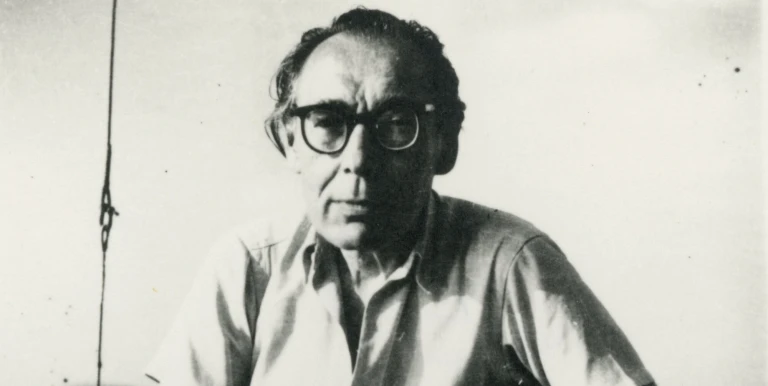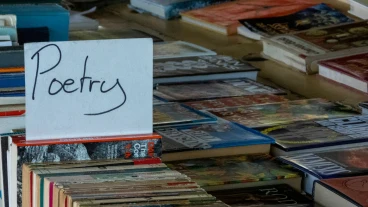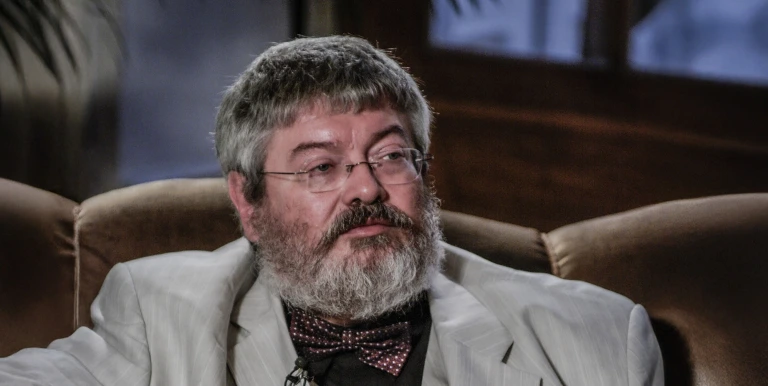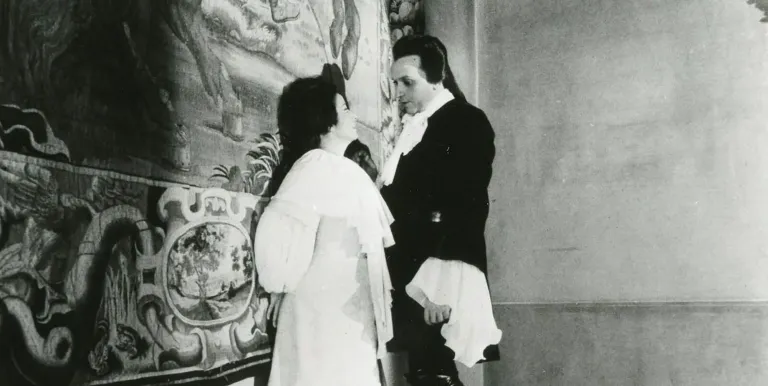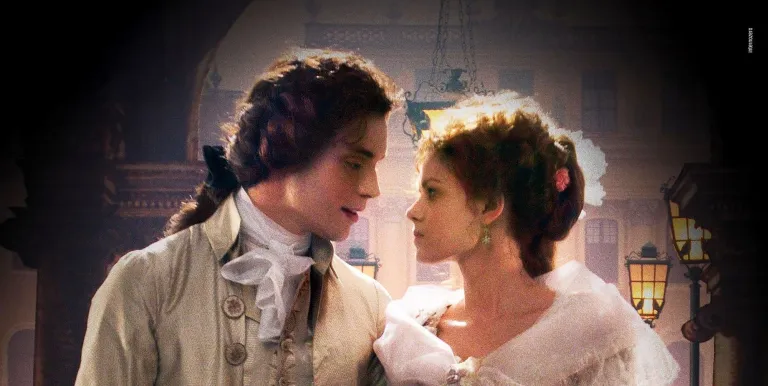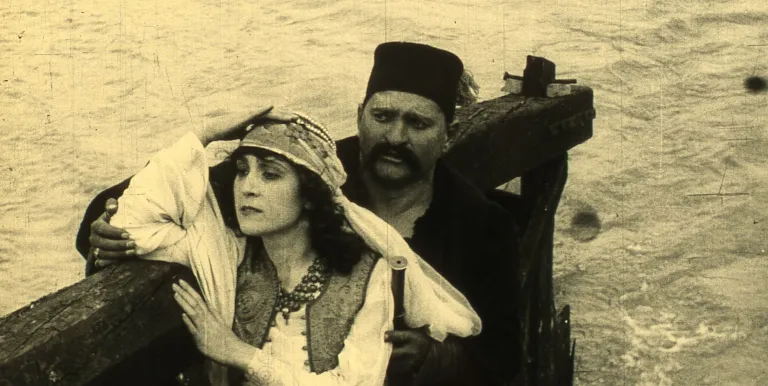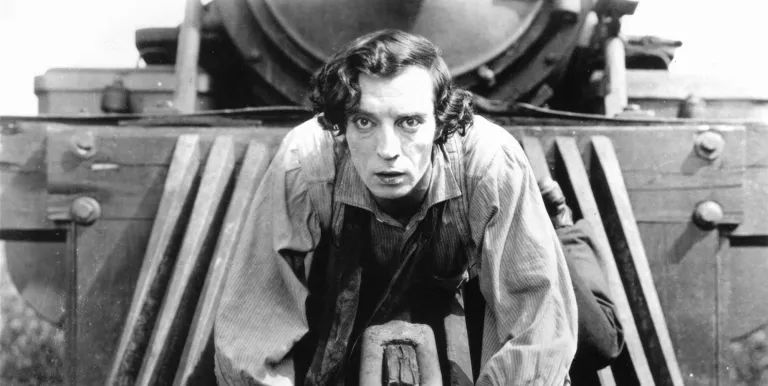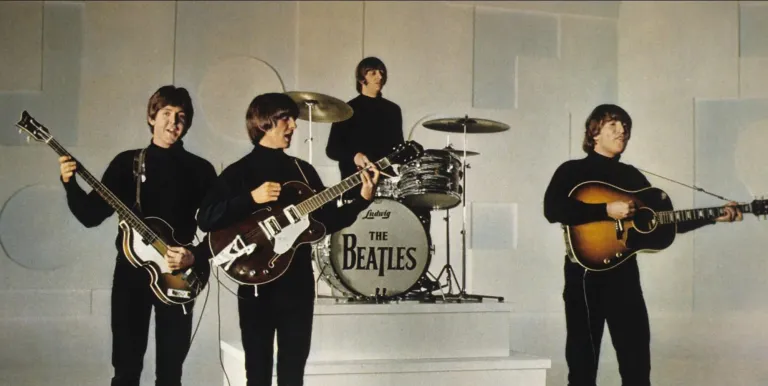Featuring:
Creator:
Lőrinc Szabó left us, his readers, a large, unsettling body of poetry, while as a translator he was able to bring the words of some of the most significant figures in European literature to the Hungarian language. The poems and prose excerpts read at this event will provide a glimpse of both less familiar and more well-known details of his inimitable life's work, and will also engage in a dialogue with the same.
Lőrinc Szabó (1900-1957) was one of the most significant poets of 20th century Hungarian literature. His artistic career lasted the best part of three decades. His first volume of poetry, Föld, Erdő, Isten (Earth, Forest, God), was published in 1922. The poetic language he set forth was rooted in ideas he inherited from the Hungarian writers Ady, Babits, Kosztolányi and Füst. Szabó reshaped the conceptual framework of the relationship between self and body, and the methods of self-reflection, bodily existence and love, in much the same way as he reformed the peculiarities of poetic form. He freed himself from the adornment of the lyrical language of Romantic origin, and through the use of broken rhymes he created poetry that spoke about fundamental life events with the directness of prose. His later volumes, Fény, fény, fény (Light, Light, Light, 1925) and A Sátán műremekei (Satan's Masterpieces, 1926), called into doubt the ethical premises of the Humanist attitude that Hungarian poetic tradition had self-reflexively made its own, and that been passed from one generation to the other, reinforced by the poetry of Babits, who for a long time stood by Lőrinc Szabó as a paternal friend, and remained Szabó's most important reference point until the end. In Hungary, Szabó's ironic denial of the Humanist ethics made for an unusual poetic approach. For Szabó, poetic discourse did not serve to awaken sympathy, or love within the reader, like his contemporary and generational peer Attila József, but rather to communicate a voice of arrogant self-assertion that was at the time more widespread in French culture. This tone was later less prominent in his poetic novel Tücsökzene (The Music of Crickets, 1947) and the sonnets of A huszonhatodik év (The Twenty-Sixth Year, 1957). Both volumes focus on remembrance, an empathetic reliving of the past, and in the latter the emotional landscapes of mourning.
The production's cooperating partner is the Örkény Theatre.
Presented by: Müpa Budapest
-
We wish to inform you that in the event that Müpa Budapest's underground garage and outdoor car park are operating at full capacity, it is advisable to plan for increased waiting times when you arrive. In order to avoid this, we recommend that you depart for our events in time, so that you you can find the ideal parking spot quickly and smoothly and arrive for our performance in comfort. The Müpa Budapest underground garage gates will be operated by an automatic number plate recognition system. Parking is free of charge for visitors with tickets to any of our paid performances on that given day. The detailed parking policy of Müpa Budapest is available here.

